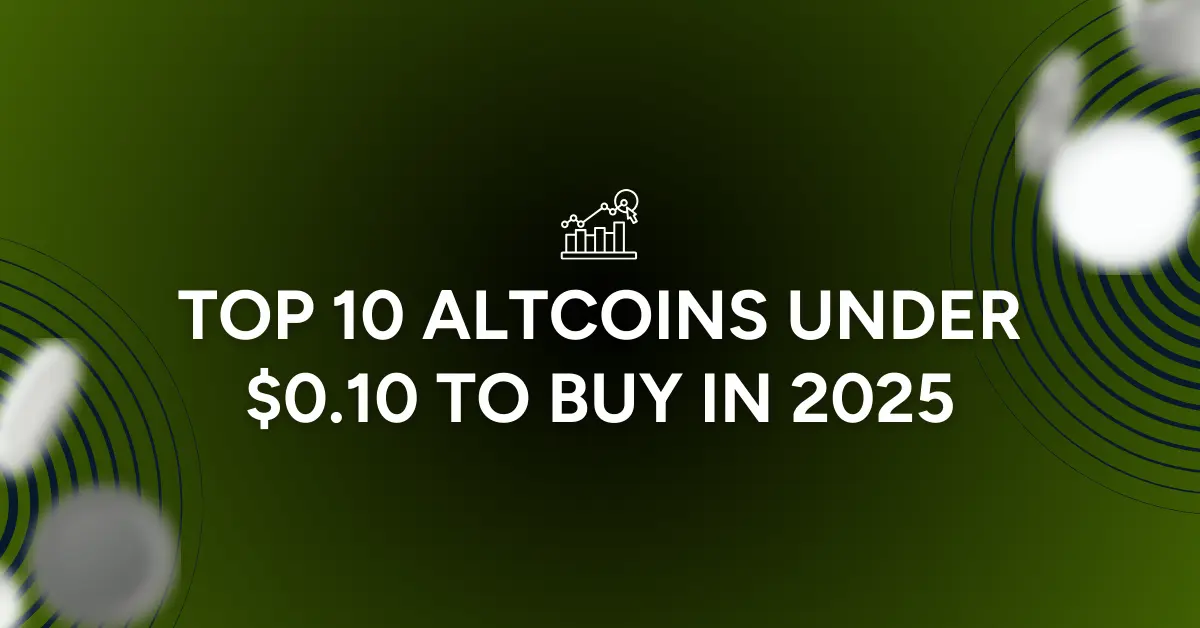Charles Gasparino
Business
A new ruling states that cryptocurrency does not require disclosure to buyers.
REUTERS
We are taught to revere the judiciary because divining legal truth is supposed to be heady stuff.
We probably shouldn’t.
For evidence, witness the bizarre rationale provided by Supreme Court Justice Ketanji Brown Jackson to support affirmative action. “For high-risk Black newborns,” she wrote in her dissent on the recent SCOTUS ruling, “having a Black physician more than doubles the likelihood that the baby will live and not die.” I would love to see the “research” on that doozy.
Another gem from the judiciary came about two weeks ago courtesy of a Manhattan federal judge named Analisa Torres. Securities law experts say that she, in essence, ruled that small investors don’t deserve the same type of protections as some dude working at a hedge fund.
Yeah, you read that right.
Judge Torres, of course, didn’t say those exact words, but you don’t need to be a legal scholar to decipher the upshot on her weird decision that’s roiling the $1.2 trillion crypto market.
It involves the digital token XRP, utilized and sold by a crypto company named Ripple, and it’s further proof that judges can be acutely witless. More important, that Congress needs to take crypto regulation out of the hands of the judiciary ASAP and fix this possibly transformative business before it moves to places where there’s more rational regulations, like China.
To get a better understanding of this mess, let’s go back to around 2012, when Ripple (no known relation to that cheap wine people used to drink back in the day) unveiled its cross-border payment system that uses blockchain technology to facilitate faster transactions.
It’s basically a crypto version of the SWIFT system used by banks to transfer money across the globe. By most accounts, it’s a decent product, and its goal is to make money transfers cheaper and more seamless via the blockchain.
The trouble began around 2017 when Ripple, which also created the digital coin XRP, began selling tons of it. Some proceeds went into financing Ripple’s platform; execs who had XRP sold as well.
Some of these sales were to big investors, so-called institutions. Company officials, such as its CEO, Brad Garlinghouse, and its founder, Chris Larsen, and the company itself also sold additional XRP to small investors, not directly but by pumping the stuff through crypto exchanges.
Cost of doing business
The way securities laws traditionally work, when a company like Apple does something like this via a private placement or selling pre-IPO shares, an IPO or a secondary offering of stock, they go to the SEC and file a bunch of stuff about their operations. Depending on the type of sale (IPOs demand more disclosure than private placements), this can be time-consuming and expensive, but it’s the cost of doing business.
The reason: Stocks find their way into the hands of small investors, who aren’t plugged in like the hotshots at the big Wall Street asset management firms, aka institutions, that have the CEO and CFO on speed dial. Average people who buy stocks need to be able to see what the company is up to in a way that they can understand. The legal term for all of that is known as “disclosure.”
Ripple didn’t do that in selling all that XRP and it’s the reason why in 2020, the SEC sued the company and its top execs looking for damages and disclosure.
I’ve spoken both to SEC types who brought the case, and Ripple officials including Garlinghouse; both make compelling arguments for why they did what they did. The SEC, according to Ripple, is picking crypto winners and losers. Other cryptocurrencies, like Ethereum, did similar stuff, and the SEC hasn’t sued those guys. Plus crypto is an animal all its own and under law can’t be regulated like public companies.
The SEC worries about the Wild West stuff that goes on with digital coins — recall the notorious SBF. Plus, what’s the harm if Ripple just came in and filled out some paperwork about its operations?
Torres’ ruling, meanwhile, makes some of the most absurd legal arguments impacting securities laws and now crypto regulation. Some of Ripple’s XRP sales to those Wall Street fat cats were in fact securities, and demand disclosure because these were so-called investment contracts, she declares.
Then she rules that Ripple’s disclosure-free sales to small investors were totally kosher. According to her (il)logic, because they purchased their XRP through an intermediary like an exchange, they were not entering into investment contracts. These “blind” sales aren’t securities, so it’s perfectly legal for Ripple to stiff the little guy on disclosure.
In her words, both sides won, both lost. And now one really knows how to proceed going forward.
What may have escaped Torres and her law clerks is that the vast majority of regular stock purchases on apps or from your broker are similarly “blind.” Yet Apple, like all public companies, provides lots of disclosures because the law says small investors need them more than hedge funds.
Maybe there’s a method to Torres’ madness. She’s an Obama appointee and could be looking to emulate the Biden-appointed Brown Jackson and her legal reasoning to join SCOTUS when Sleepy Joe gets around to packing the court.
In the meantime, the crypto industry will have to live with one of the more bizarre and dangerous court rulings I’ve ever seen in covering finance for three decades.
Load more…
{{#isDisplay}}
{{/isDisplay}}{{#isAniviewVideo}}
{{/isAniviewVideo}}{{#isSRVideo}}
{{/isSRVideo}}
Credit: Source link














































